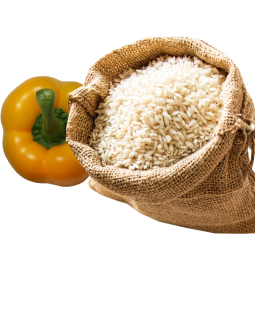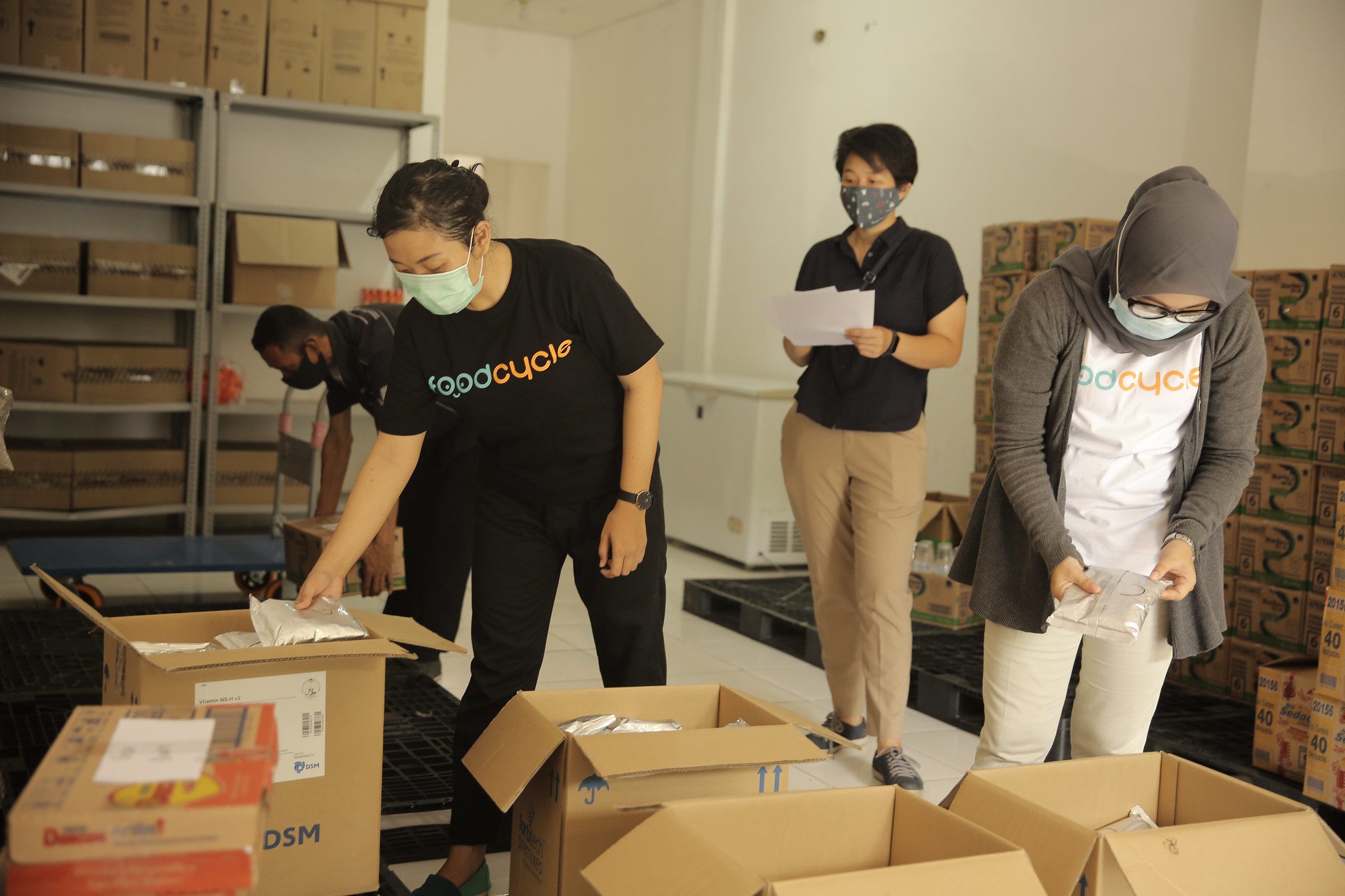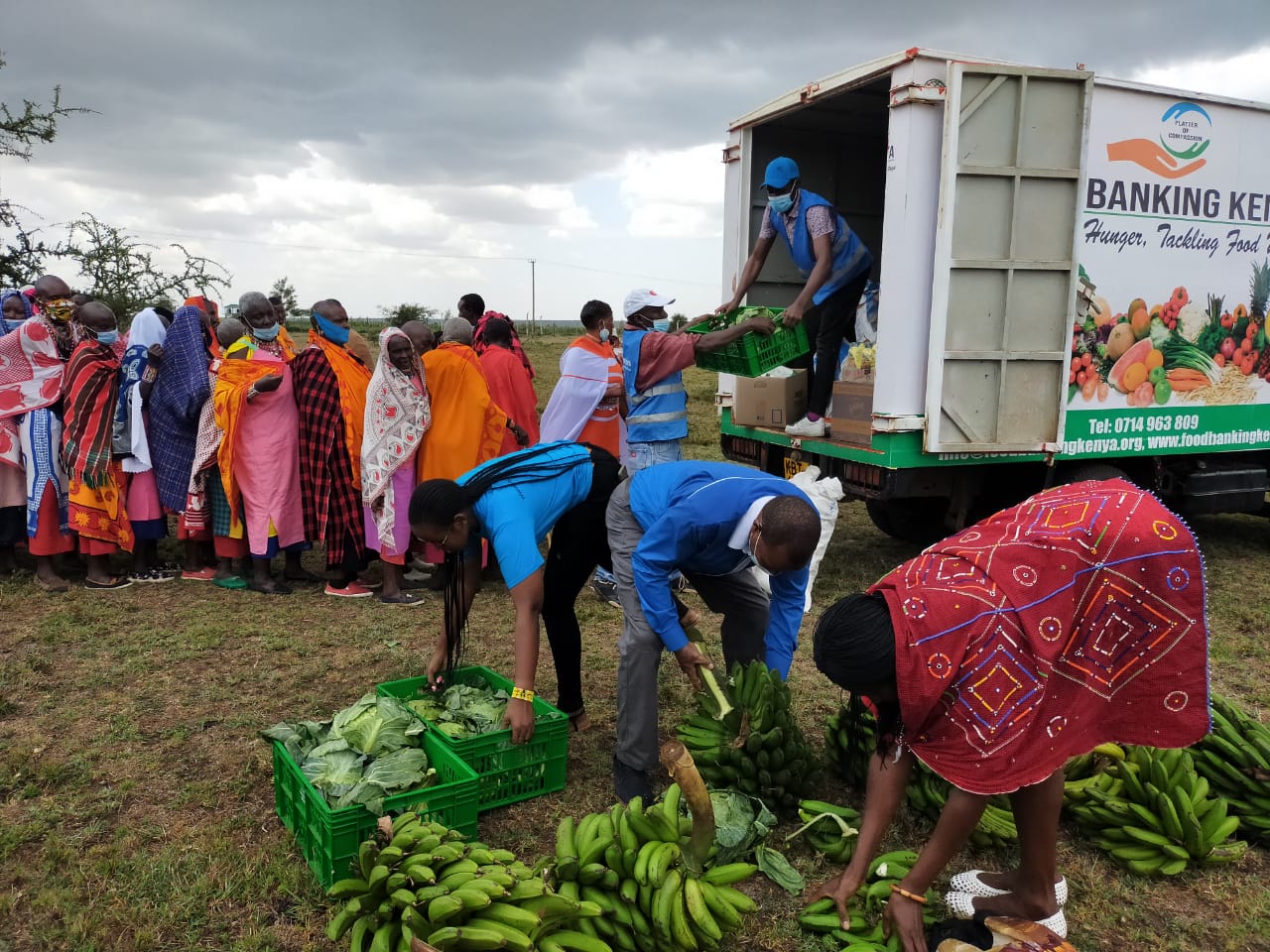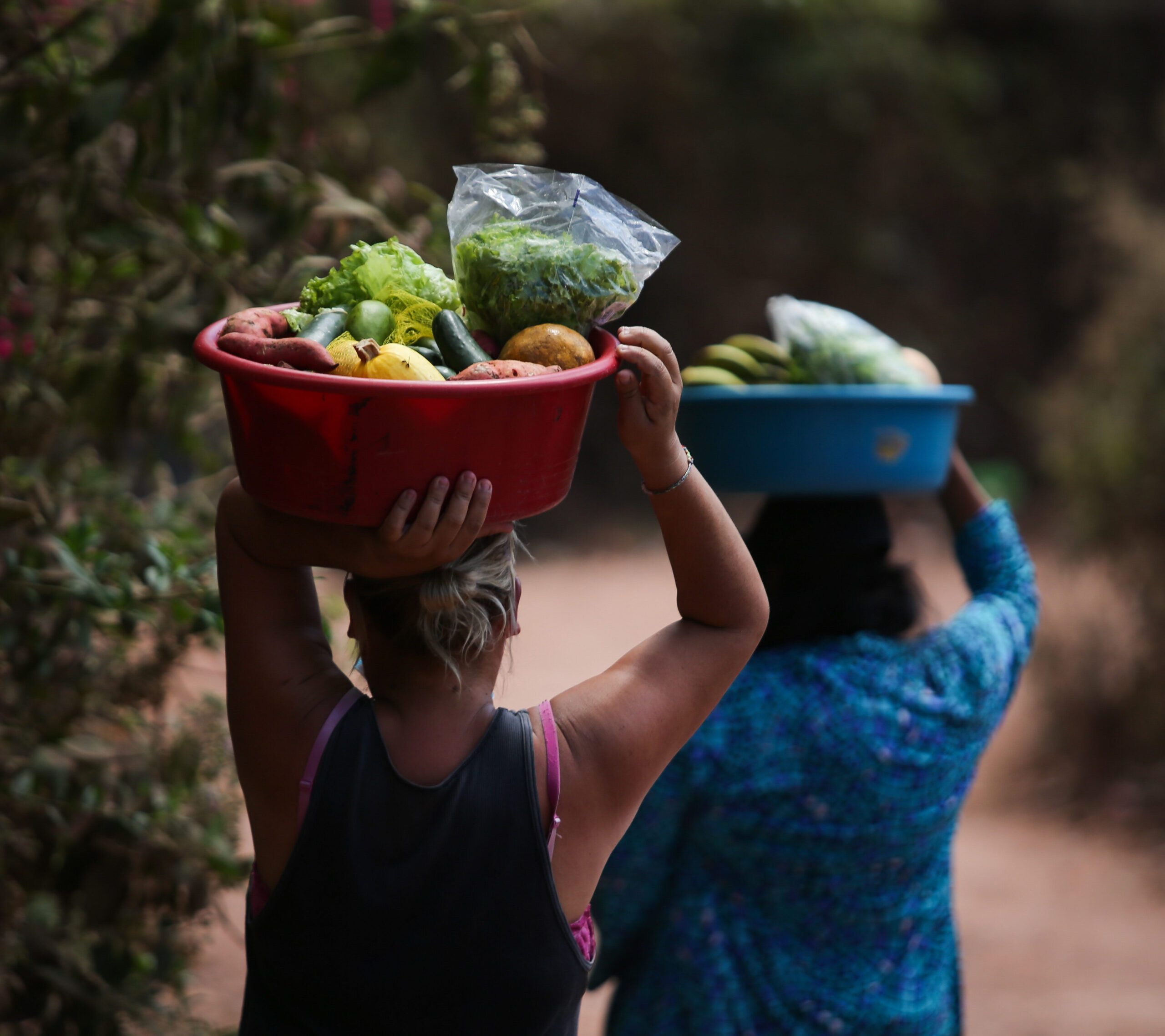By Katie Lutz
Earlier this week, we detailed the extraordinary accomplishments of the participants of our Food Bank Accelerator Program since its inception in 2019. We recently spoke with two food bankers who have been a part of the Accelerator since the beginning—Elijah Amoo Addo, founder and executive director of Food For All Africa and James Leyson, managing director at Scholars of Sustenance. Both of them are now gearing up to graduate from the Accelerator Program after nearly four years learning from The Global FoodBanking Network (GFN) and other food banks as part of the first cohorts in Africa and Asia Pacific.
Elijah Amoo Addo: I first learned about GFN back in 2012, when I started a mobilization project to rescue excess food from hospitality companies to serve community charities, and I had been interested in the Network ever since. When we started Food For All Africa (FFAA) in Ghana, engaging with GFN to help in providing us with the know-how and expertise to enhance our standards of service delivery was a crucial early step. GFN’s time tested approach to food banking has been essential to helping us build the model and better serve our communities.
James Leyson: Scholars of Sustenance (SOS) was first approached by GFN in 2018 as we were emerging in the food loss and waste space in Thailand. Technically SOS is an environmental organization and not registered as your typical food bank. We originally began as an organization dedicated to solving a variety of environmental issues, which included food loss and waste. We began to work with GFN and when the pandemic hit, it seemed obvious to focus more of our efforts on the food recovery and hunger side of the organization. For a small organization, we could see the impact we could make in the future by having a global alliance behind us, and that has always been a key part of our partnership with GFN.
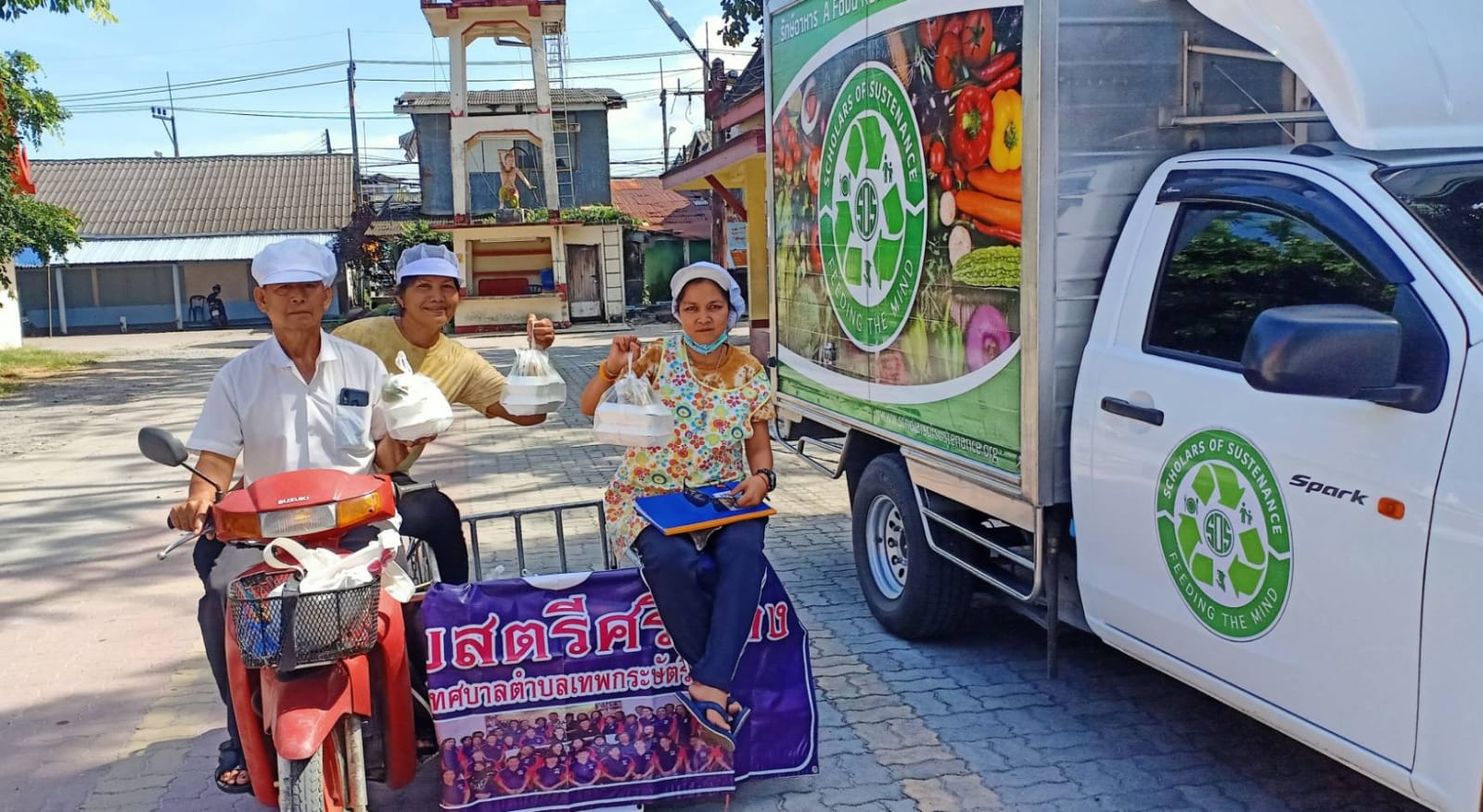
Addo: I attended the Food Bank Leadership Institute in 2019 in London and first learned about the intent to start the Incubator (now Accelerator) Program. It was a very exciting moment and opportunity when FFAA was selected to join the first cohort and meet in Cape Town that fall. That first interaction with the cohort helped us appreciate the work being done by fellow food bankers and to share best practices, challenges, and opportunities presented to food banks in Africa.
Leyson: By 2019 the Asia-Pacific cohort of the Accelerator Program had already convened, and SOS was part of that original group that met in Seoul for the launch of the program. While I personally wasn’t there as I didn’t join the organization until later in 2020, the meeting was very energizing for our team as we started to really see the depth of what we could really do as a food bank. Engaging with other food banks in the region helped ignite the food banking movement in Southeast Asia.
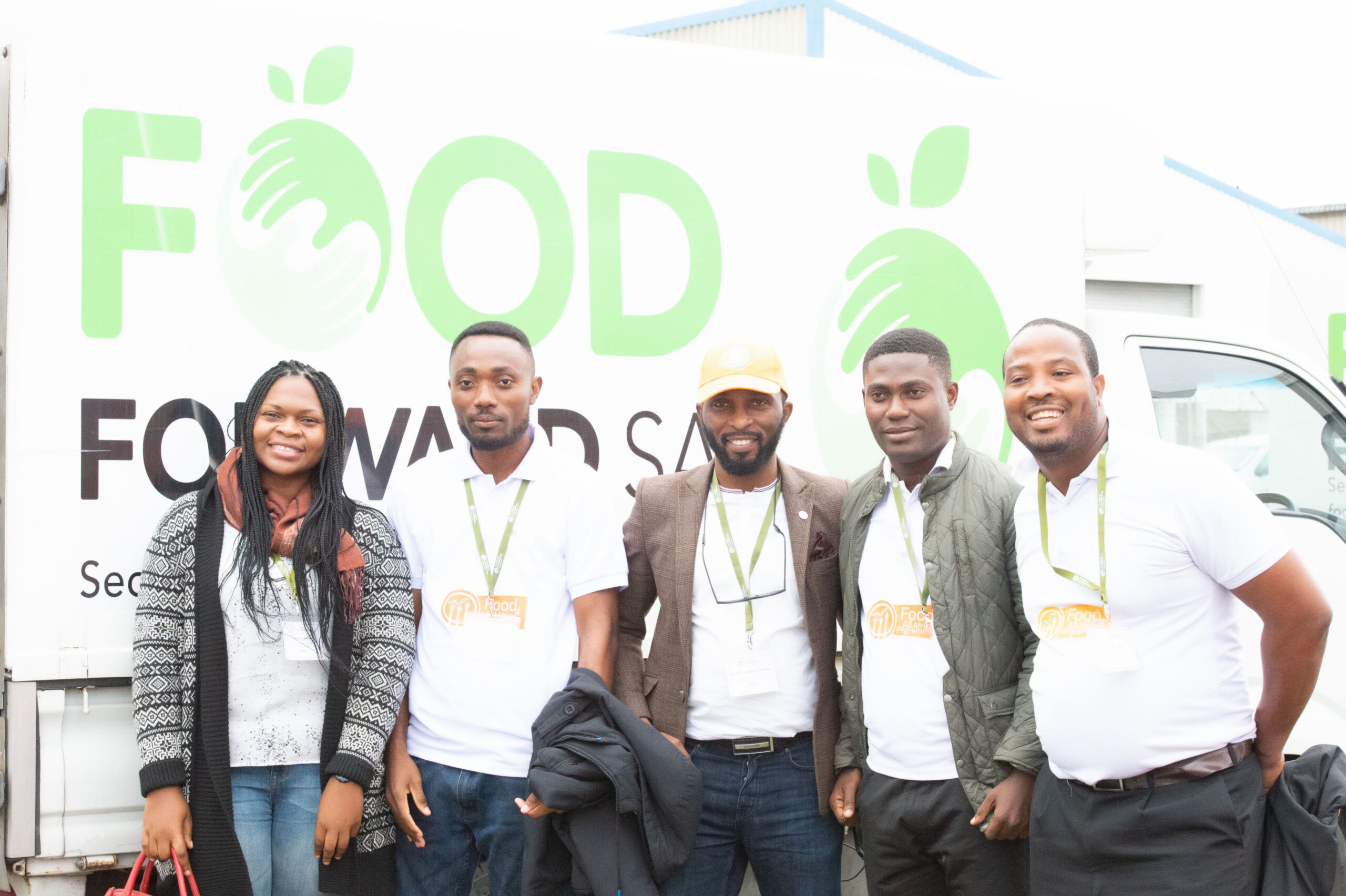
Addo: Working with other food banks through the program has provided us with firsthand experience and support from more experienced organizations and individuals, which we otherwise would not have had access to. The culture of supporting each other and the sharing of knowledge has been one of the greatest parts of being in this cohort.
Last month, two members of my team, Frank Kporwudo, operations manager, and Barbara Ohenewaa Ofori-Sarko, fundraising officer, spent a week at FoodForward South Africa as part of GFN’s new exchange program. During the exchange, they learned and received vital training from skilled FoodForward team members on warehouse management, employee safety, food safety and handling, and virtual food banking.
Leyson: For me, having access to technical knowledge and the wealth of experience in the food banking industry has been vital. I joined SOS with little knowledge of food banking and no NGO experience and having GFN and various workshops and sessions available for us at no cost has made a world of difference. But it also really is this global network and having access to different food banks in different parts of the world. I have had the opportunity to visit and learn from food banks in Singapore, Mexico, Peru, Brazil, and most recently Israel during an exchange trip for Leket Israel’s annual conference, Leket Live.
Lastly, an important aspect for us has been access to grants through GFN and introductions to new partners. Since joining the Accelerator Program in 2019, we have grown from just one operation in Thailand to four new locations spanning the country, we have expanded our services in Bali and have recently begun work in the Philippines. An example of this is a GFN-supported grant to expand to the northern territories of Thailand and establish a location in Chiang Mai. The operations in Chiang Mai have greatly advanced our agricultural recovery program and allowed us to reach many more locations in the north
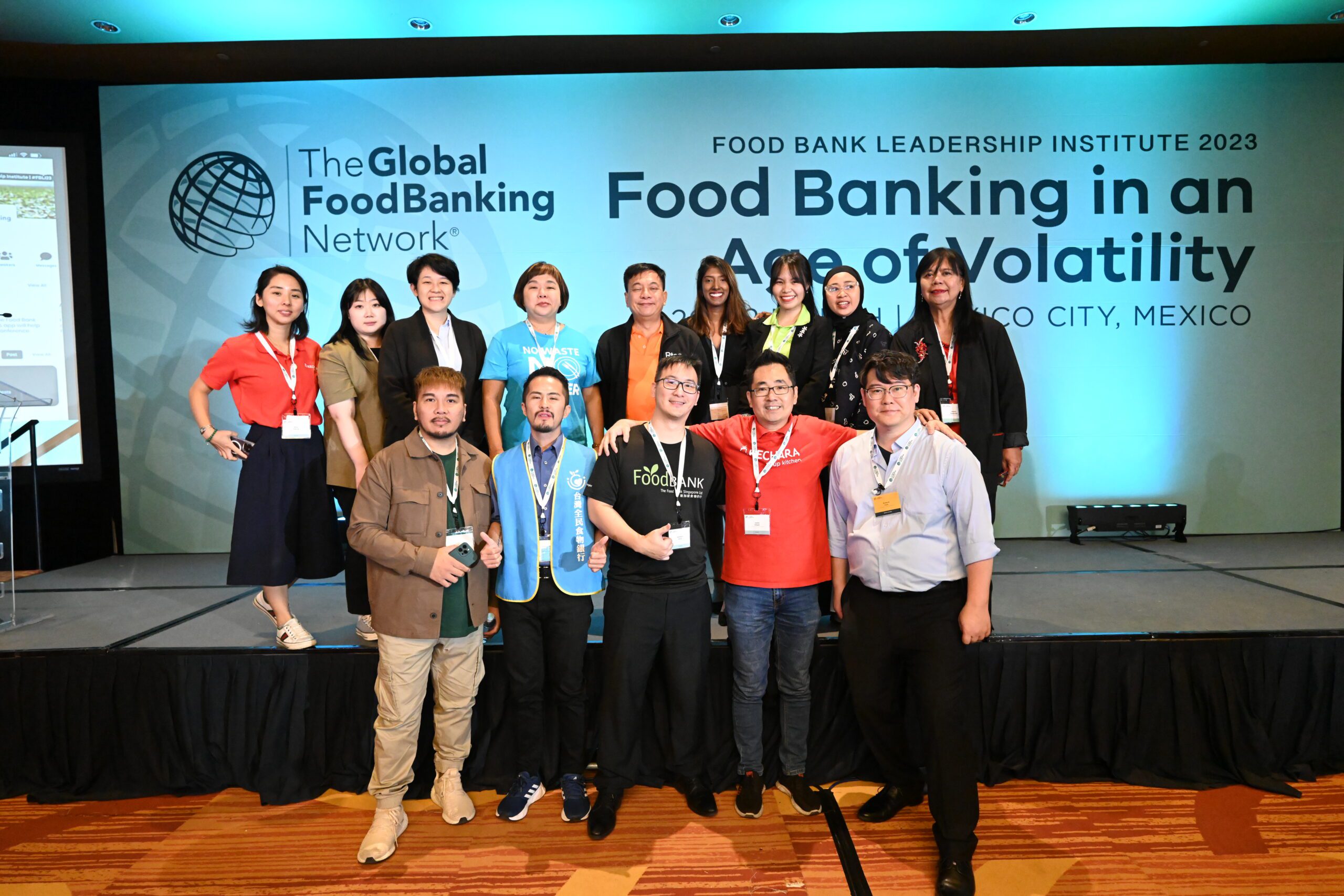
Addo: My advice would be for them to appreciate the opportunity and being selected into the program. I would also recommend they leverage and take advantage of all that the program provides to help in improving and scaling their passion of serving people [in vulnerable situations] within their communities.
Leyson: Coming from someone who has experienced this program and seen the results, I would say for any new food banks joining this program, keep your focus on the mission. Make sure you set clear expectations for your work and your food bank. It is a great feeling to have the support of a global organization behind you, so make sure you utilize that partnership. The work GFN and the Accelerator Program do for you is very curated, so make sure to make it work both for you and GFN, there is not one formula for every food bank in this space.
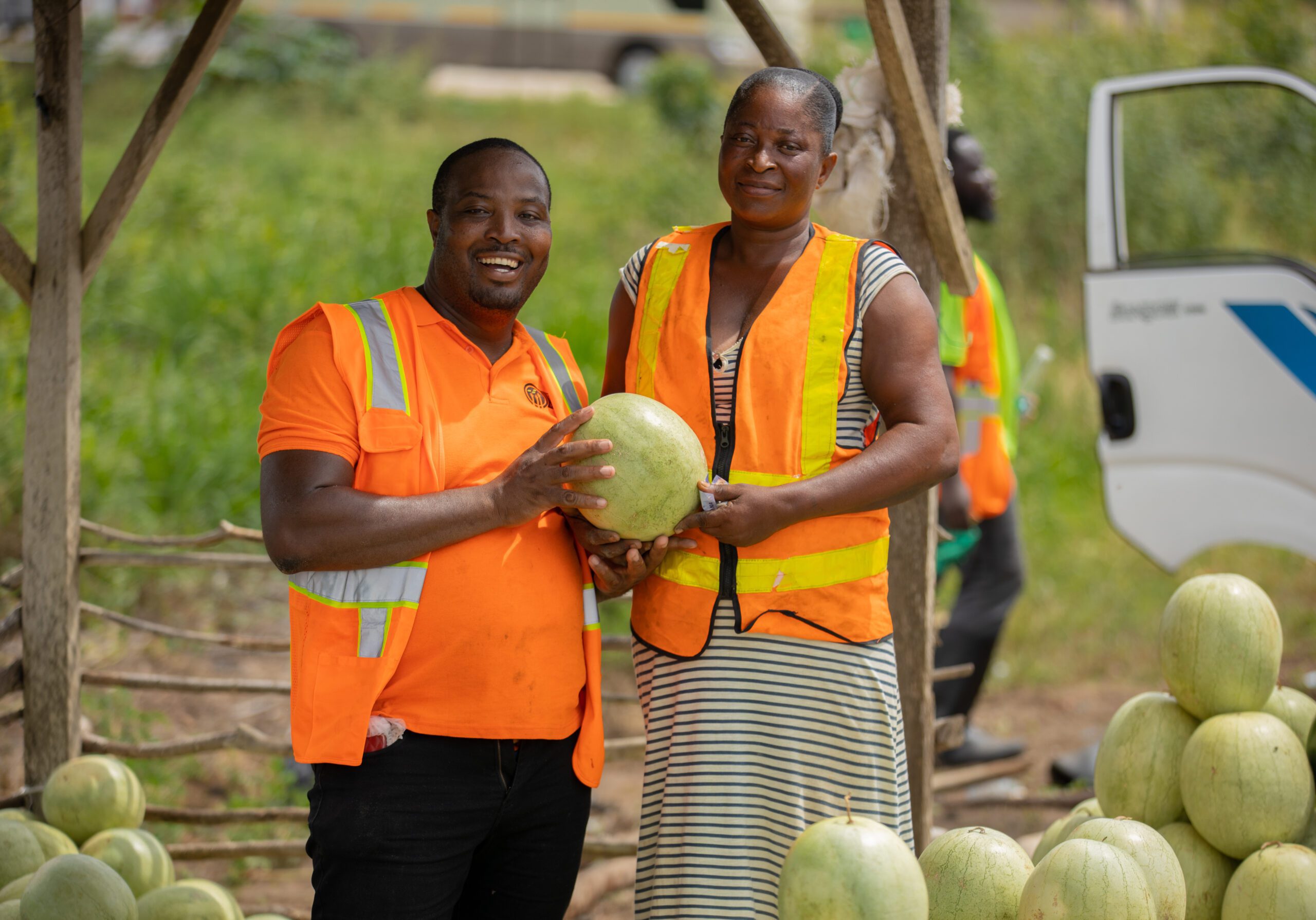
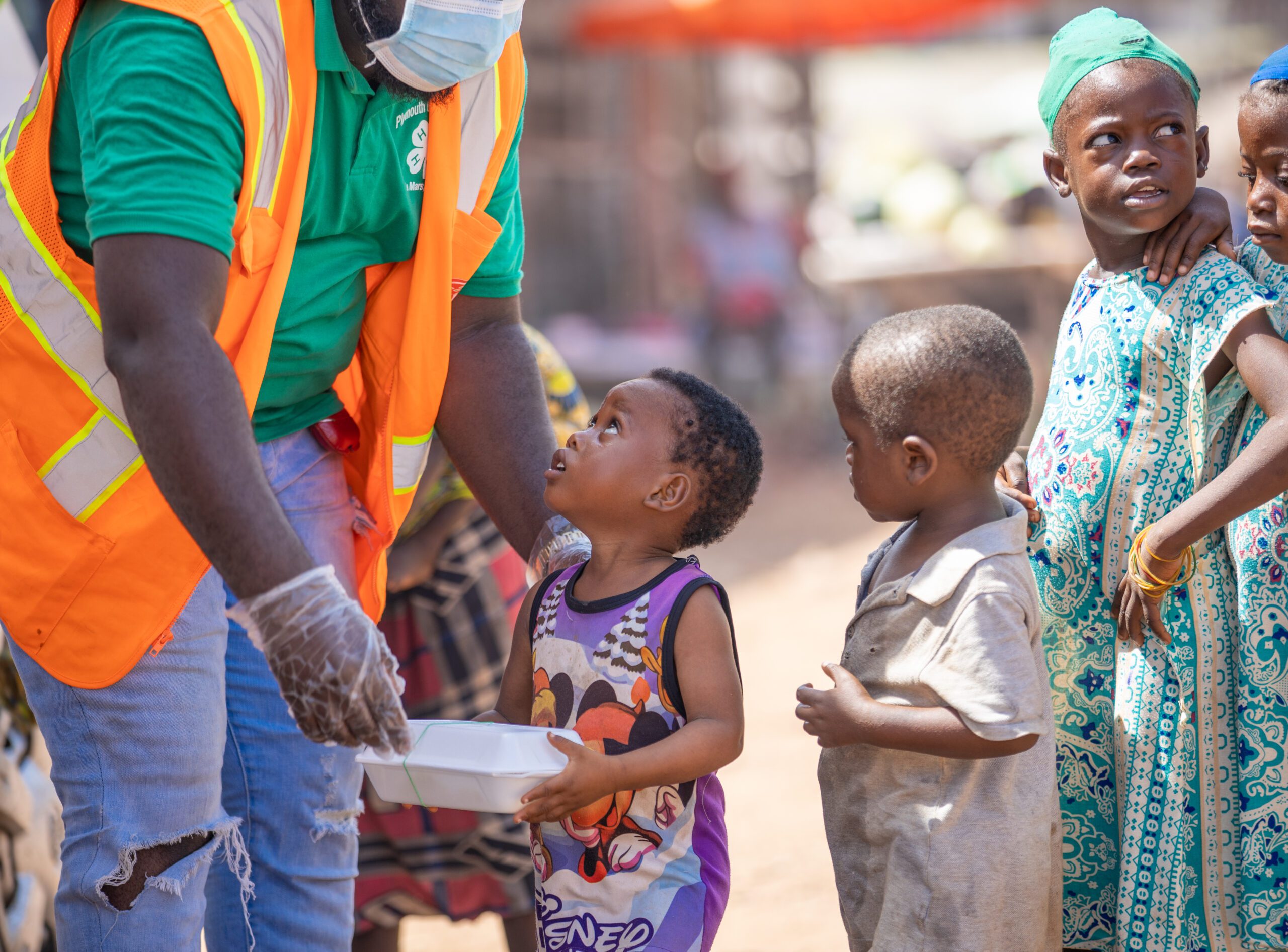
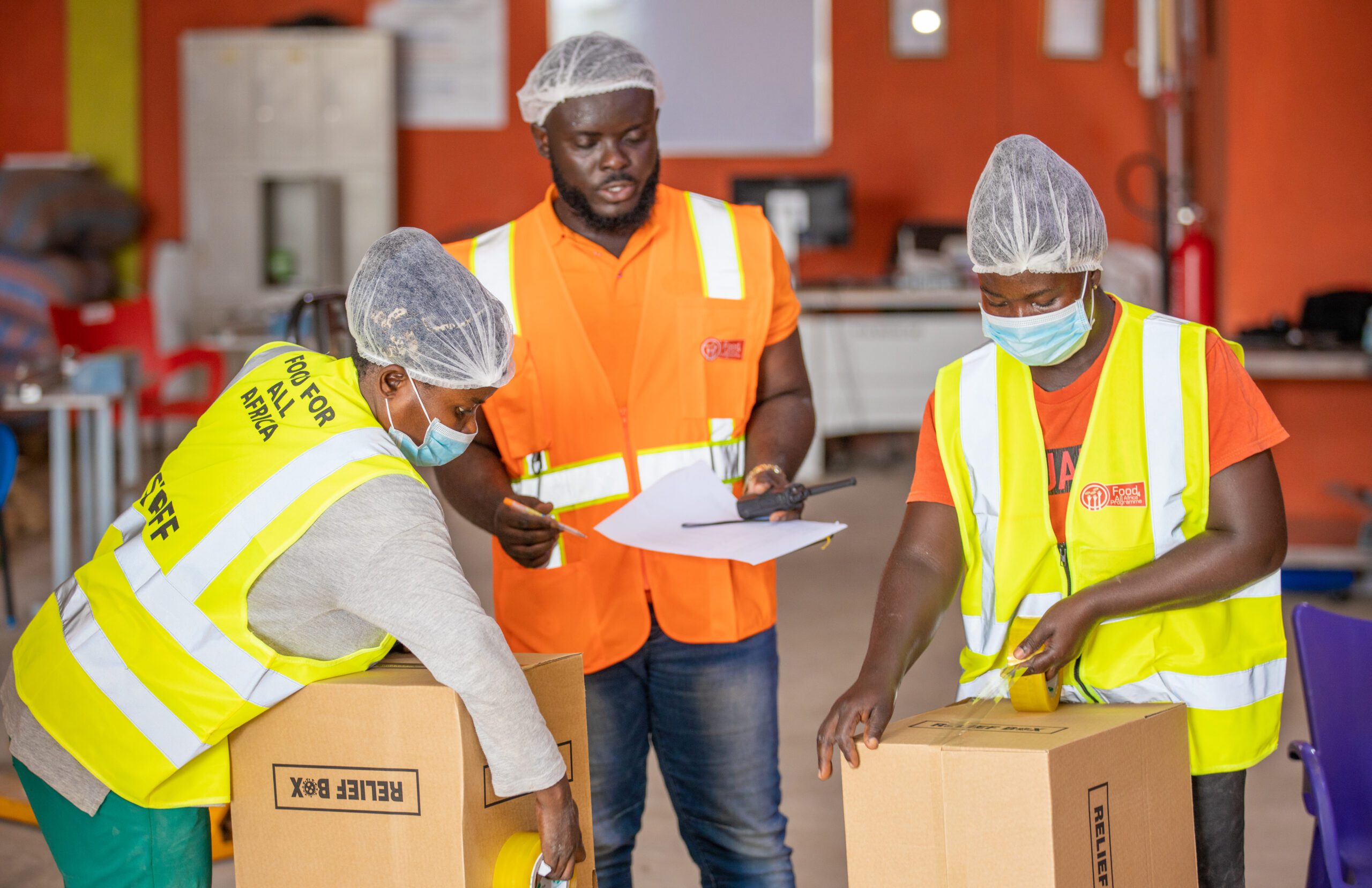
Both Food For All Africa and Scholars of Sustenance Thailand are graduating from the Accelerator Program this year, leaving room for new organizations to join the program as they make the move to become GFN Certified Members. In addition to their upcoming certification, Leyson will welcome food banks to the upcoming Asia-Pacific Food Bank conference in October 2023 in Bangkok, and Addo and his team will host the Africa Food Bank Conference in January 2024 in Accra.
